
Experts Warn People To Get Rid Of This Common Bedroom Item Over Fears It Might Harm Brain Health
Common Household Item Linked to Serious Health Risks and Developmental Issues in Children
A seemingly ordinary item found in nearly every home may be putting babies and toddlers at risk. New research is calling for immediate changes in the mattress manufacturing industry after uncovering troubling links between children's mattresses and potential long-term health hazards.
Two recent studies conducted by scientists at the University of Toronto—published in Environmental Science & Technology and Environmental Science & Technology Letters—have revealed findings that raise significant concerns. The research indicates that infants and young children may be regularly exposed to hazardous chemicals while they sleep, which could negatively impact their mental and physical development.
These substances include phthalates (used to make plastics flexible), flame retardants, and UV-blocking agents—all of which have already been connected to a wide range of health problems. These include hormonal disruptions, developmental delays, respiratory issues such as asthma, and even certain types of cancer.
Because babies and toddlers spend so much of their early lives sleeping, researchers emphasize that the potential for exposure is especially high during this critical stage of brain and body development. This makes the safety of their sleep environments all the more important.
The Surprising Culprit: Mattresses
So, what’s behind this concerning exposure? The very mattresses that children sleep on every night appear to be a major source of harmful chemical emissions.
Dr. Miriam Diamond, a professor at the University of Toronto and lead author of the studies, stressed the significance of the findings: “Sleep is vital for brain development, particularly in the earliest years of life. Yet our research suggests that the mattresses many children sleep on may actually be emitting chemicals that could be interfering with healthy brain function.”
She added, “This should serve as a wake-up call to both manufacturers and policy-makers to prioritize children’s health and ensure that products designed for them are truly safe.”
The researchers monitored air quality in the bedrooms of 25 young children, ranging in age from 6 months to 4 years. They found that the air closest to the children's beds—where kids spend up to 12 hours a day sleeping—contained elevated levels of over two dozen harmful chemicals. These included numerous types of phthalates, flame retardants, and other volatile organic compounds (VOCs).
Worryingly, the researchers found that chemical emissions increased significantly when the mattresses were tested under conditions that mimicked a child’s body heat and pressure—conditions that naturally occur while a child is sleeping.
A Cross-Border Concern
Although the mattresses used in the study were bought in Canada, most were made using materials imported from countries such as the United States and Mexico. Due to the global nature of supply chains, many mattress components are standardized and widely distributed, meaning these findings likely apply to products found across North America and possibly beyond.
This makes the issue not just a localized problem, but a continent-wide concern affecting millions of families.
Experts Urge Industry Reform
In light of these findings, experts are urging mattress manufacturers to eliminate harmful substances from their products entirely. Dr. Arlene Blum, a co-author of the study and Executive Director of the Green Science Policy Institute, stressed the urgent need for reform.
“Parents deserve the peace of mind that comes from knowing their children are safe while they sleep,” said Blum. “Flame retardants, in particular, have long been associated with impairing cognitive function and learning ability in children. What’s most troubling is that these chemicals don’t actually offer proven fire safety benefits and are not required to meet flammability standards.”
Blum and her colleagues hope the research will drive regulatory changes and inspire companies to use safer, non-toxic materials in children's mattresses and sleep products. They also encourage parents to look for certifications like GREENGUARD Gold or GOTS (Global Organic Textile Standard) when shopping for children's bedding, as these labels indicate products that meet stricter chemical safety standards.
The Path Forward
Ultimately, the research underscores how everyday products—especially those used by vulnerable populations like infants and toddlers—must be held to higher safety standards. As scientists continue to uncover the hidden risks in common consumer goods, both industry leaders and regulators have a responsibility to act swiftly.
For now, awareness is the first step. By understanding where these risks come from, parents can begin to make more informed choices—and hopefully, pressure companies to do better for the sake of future generations.
News in the same category

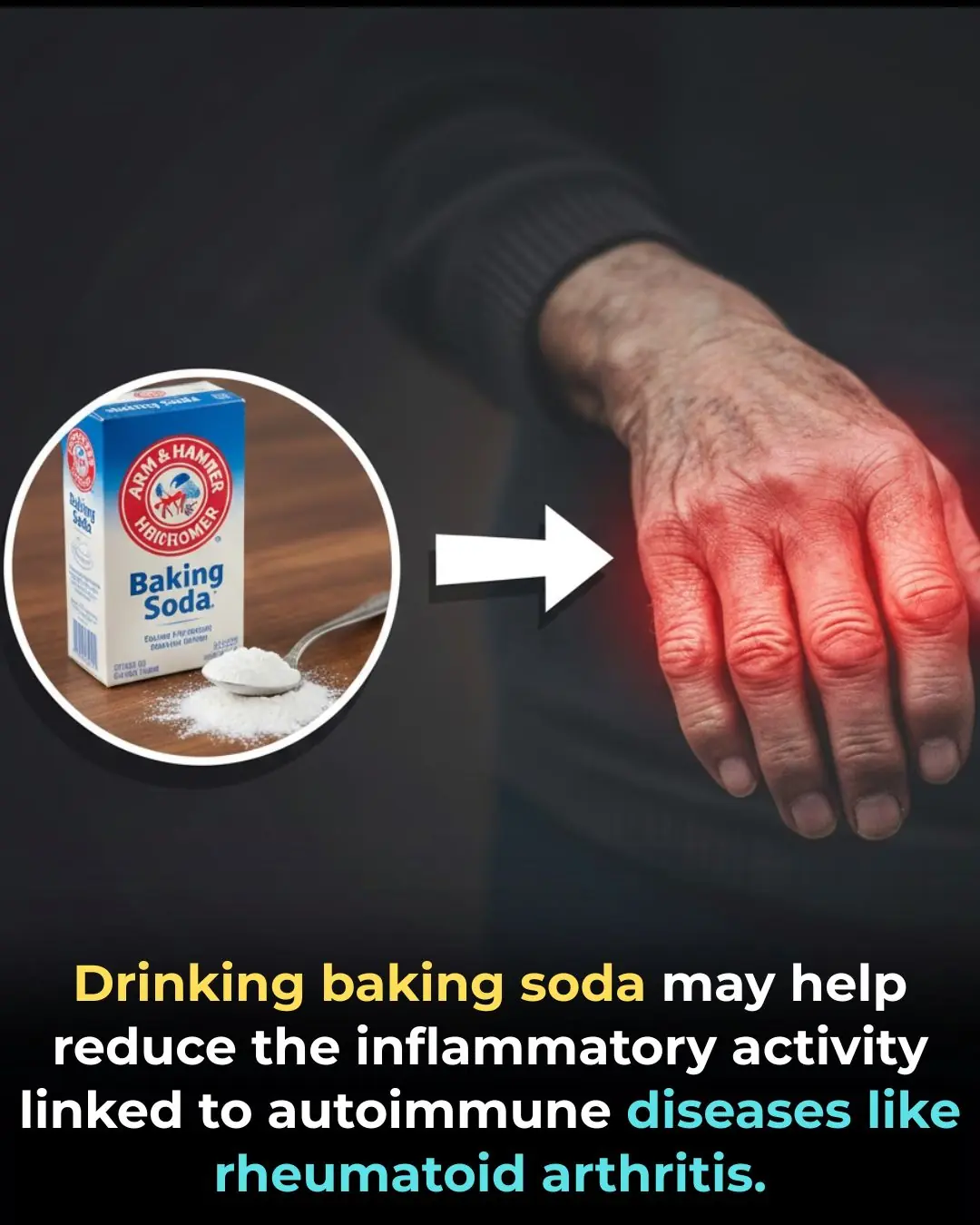
Sodium Bicarbonate and Immune Regulation: Evidence for an Anti-Inflammatory Mechanism
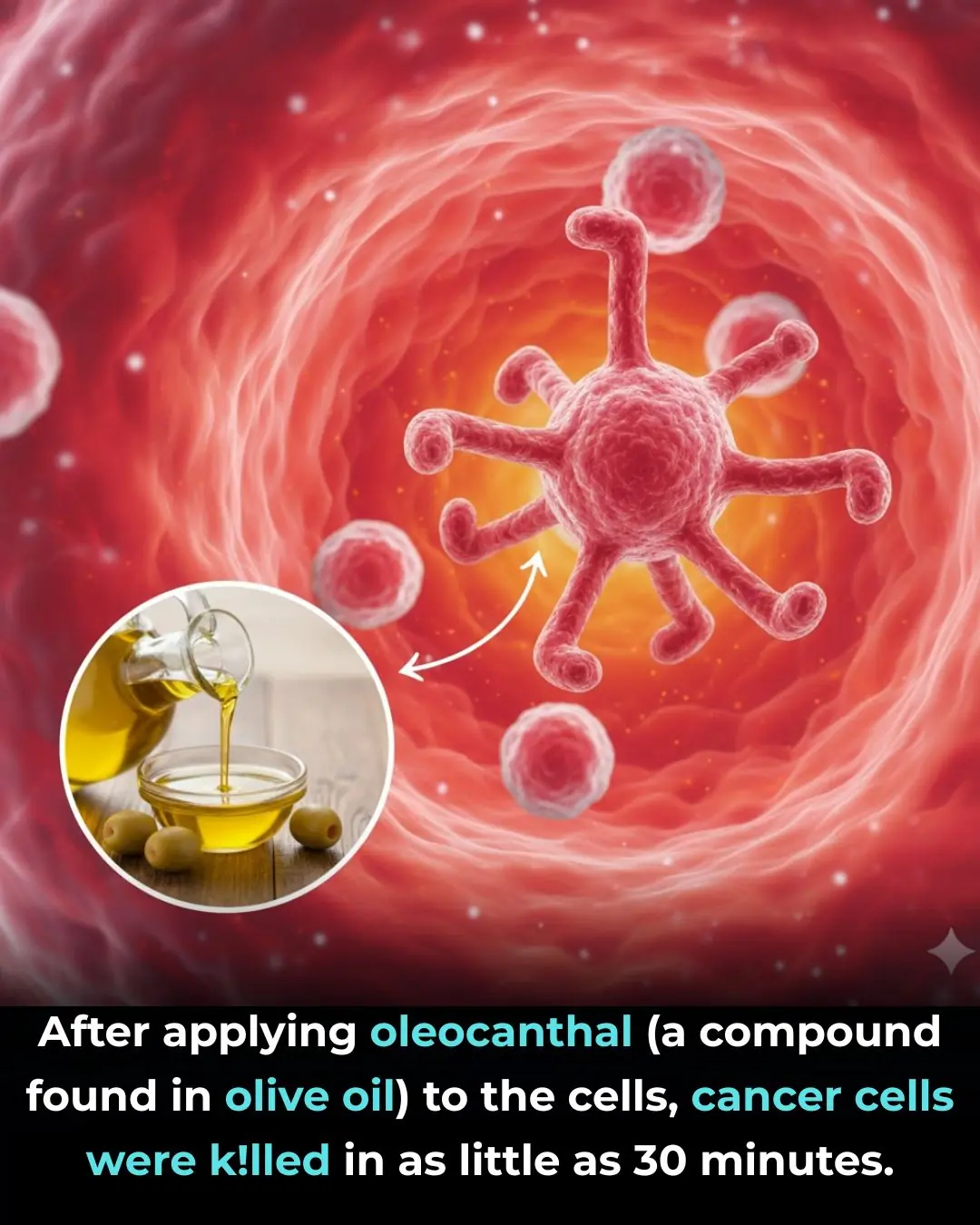
Oleocanthal from Extra-Virgin Olive Oil: A Multi-Targeted Anti-Inflammatory and Anti-Cancer Compound

Fenbendazole and Unexpected Cancer Remission: Insights from a 2024 Case Report

Quercetin as an Exercise Mimetic: Enhancing Mitochondrial Biogenesis and Physical Performance

Dual “Don’t-Eat-Me” Signals: A New Paradigm in Cancer Immune Evasion
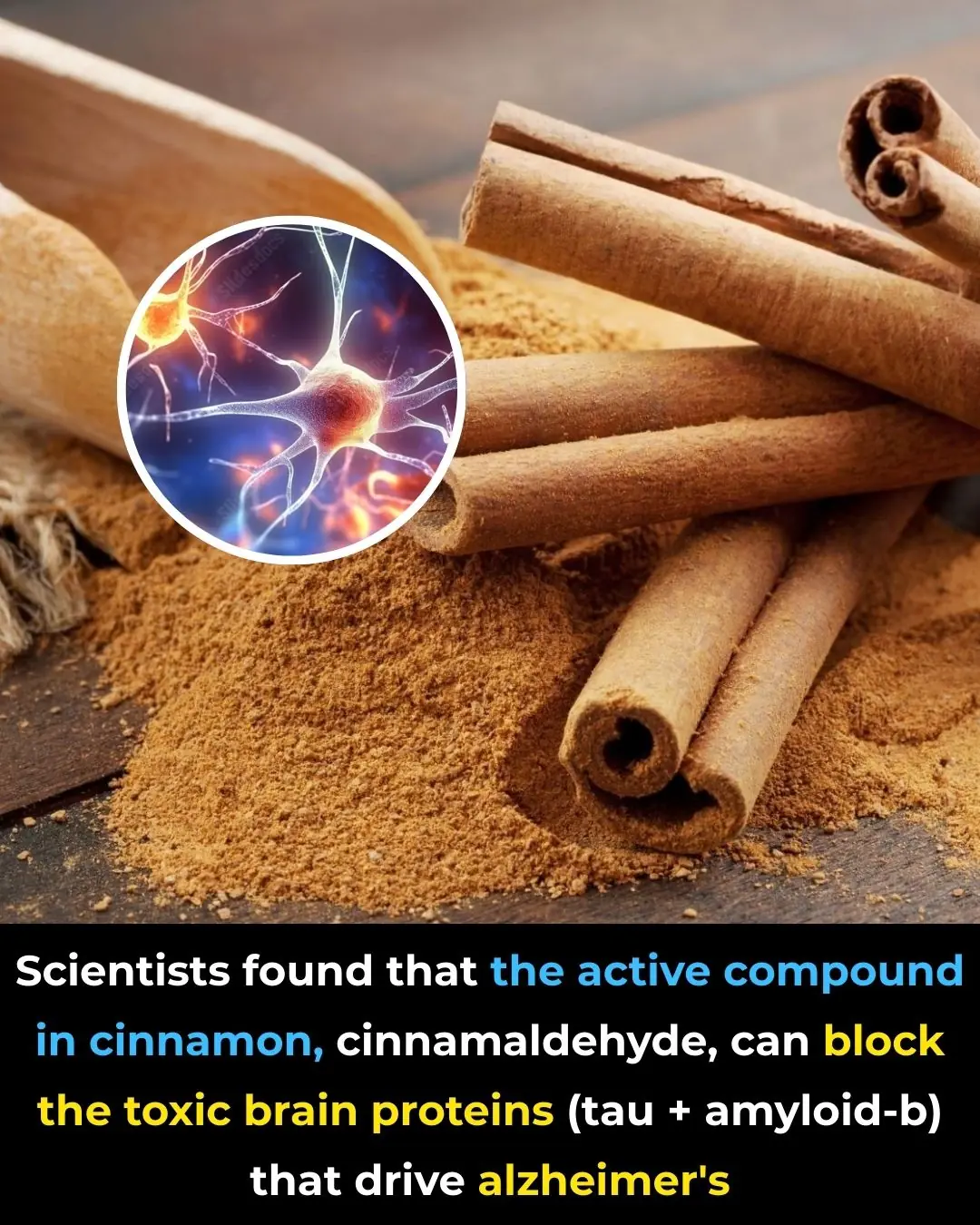
Cinnamon and Neuroprotection: Evidence for Anti-Alzheimer’s Mechanisms

High-Dose Thiamine and Cancer Cell Metabolism: Evidence from Experimental Cell-Line Studies

How to Improve Blood Circulation Naturally (Research Based)

The Most Effective Ways to Naturally Get Rid of Clogged Ears
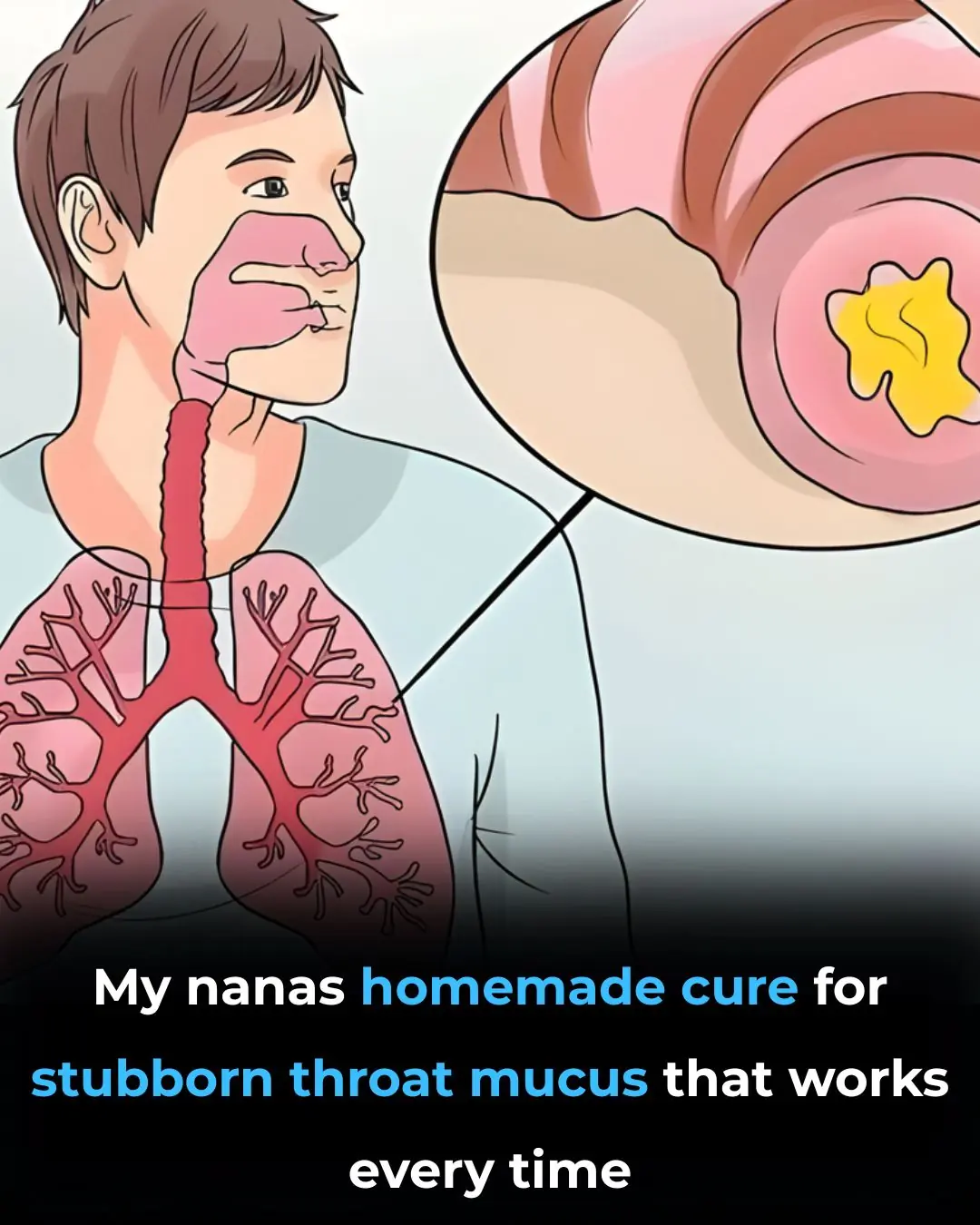
Get Rid of Throat Mucus Faster With These Home Treatments (Evidence Based)

The Most Likely Symptoms of a Gallbladder Problem (Don’t Ignore Them)
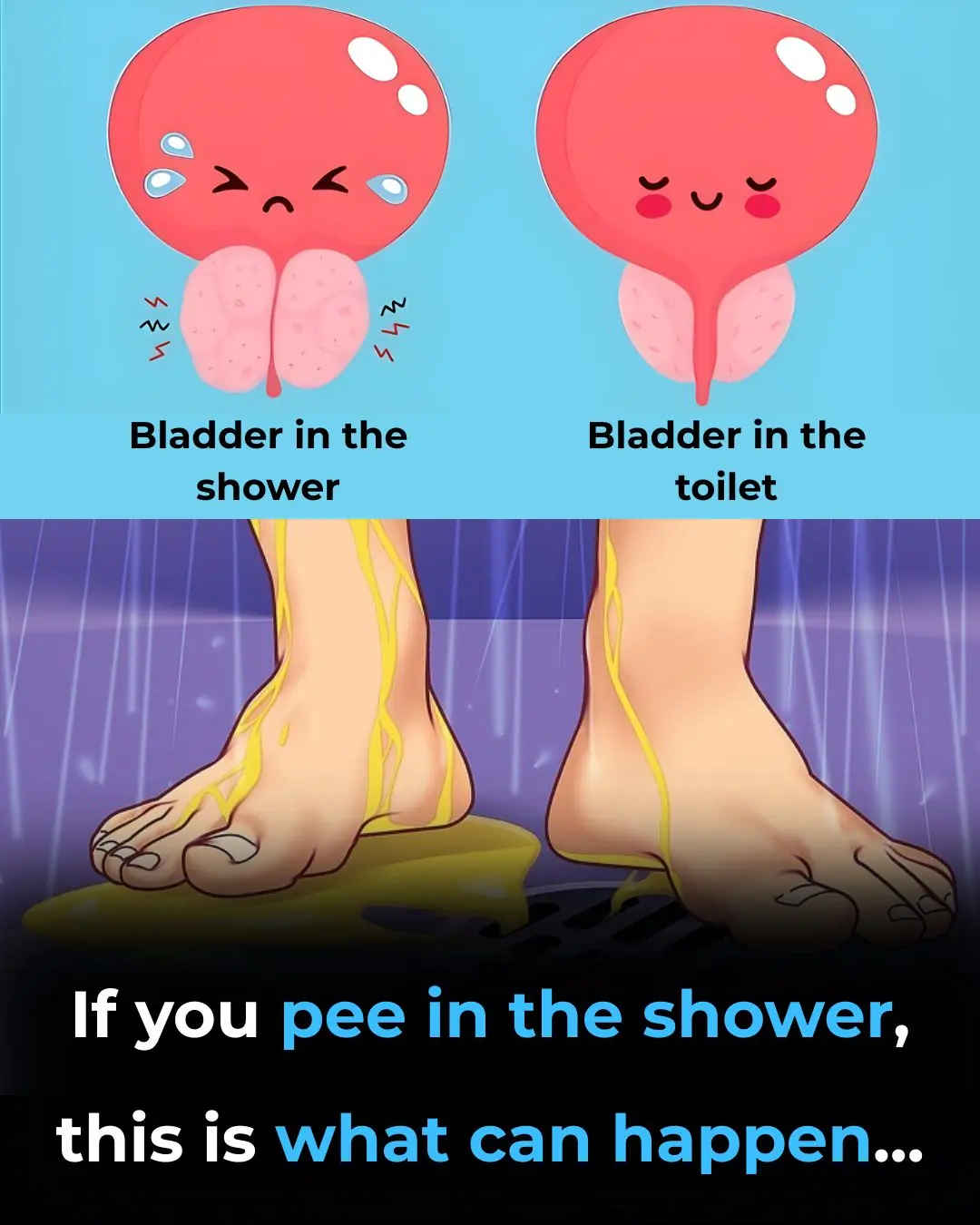
Why Hearing Running Water Makes You Suddenly Need to Pee

The strange phenomenon of sleep paralysis: When the body stops listening

Surprising Health Benefits of Purslane (Portulaca oleracea)
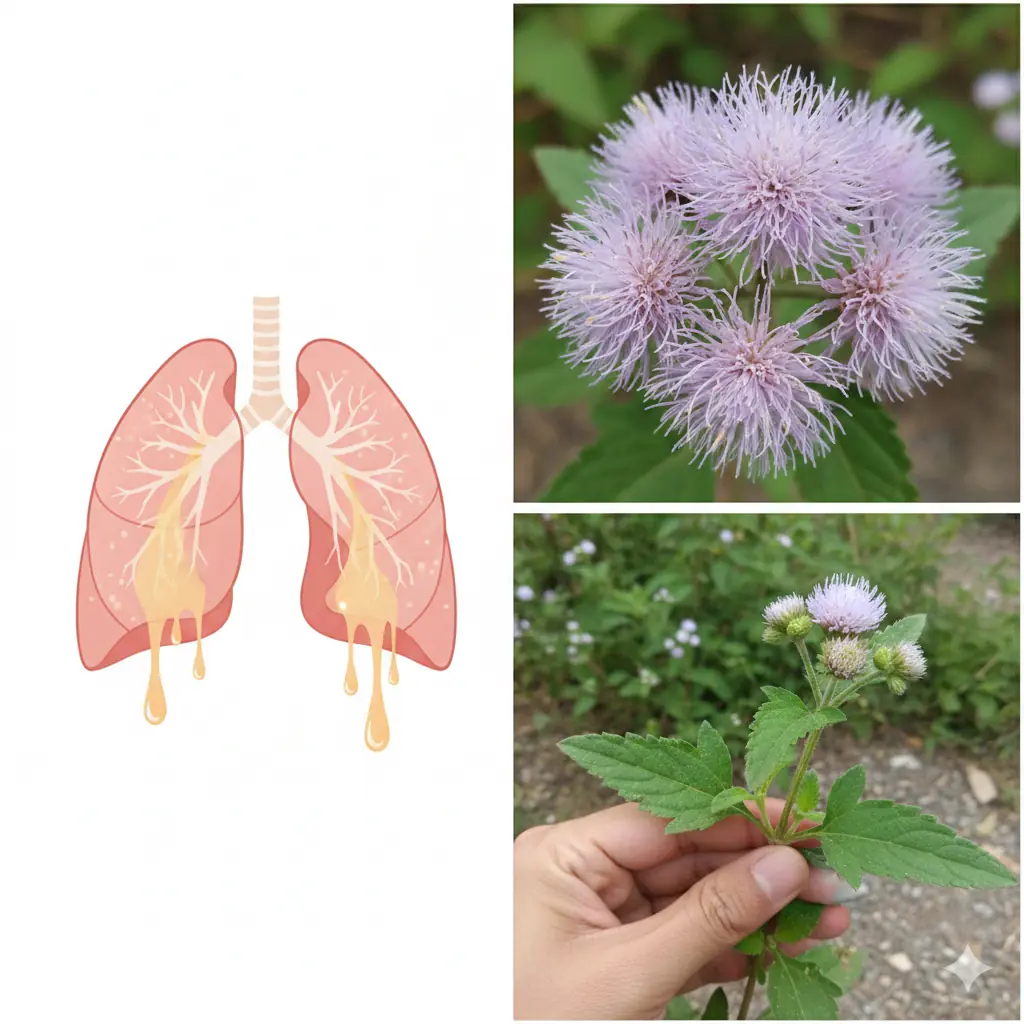
Ageratum Conyzoides: A Valuable Herb with Many Health Benefits

The man died of colorectal cancer, his family broke down in tears: "He ate healthily but liked to do three things."
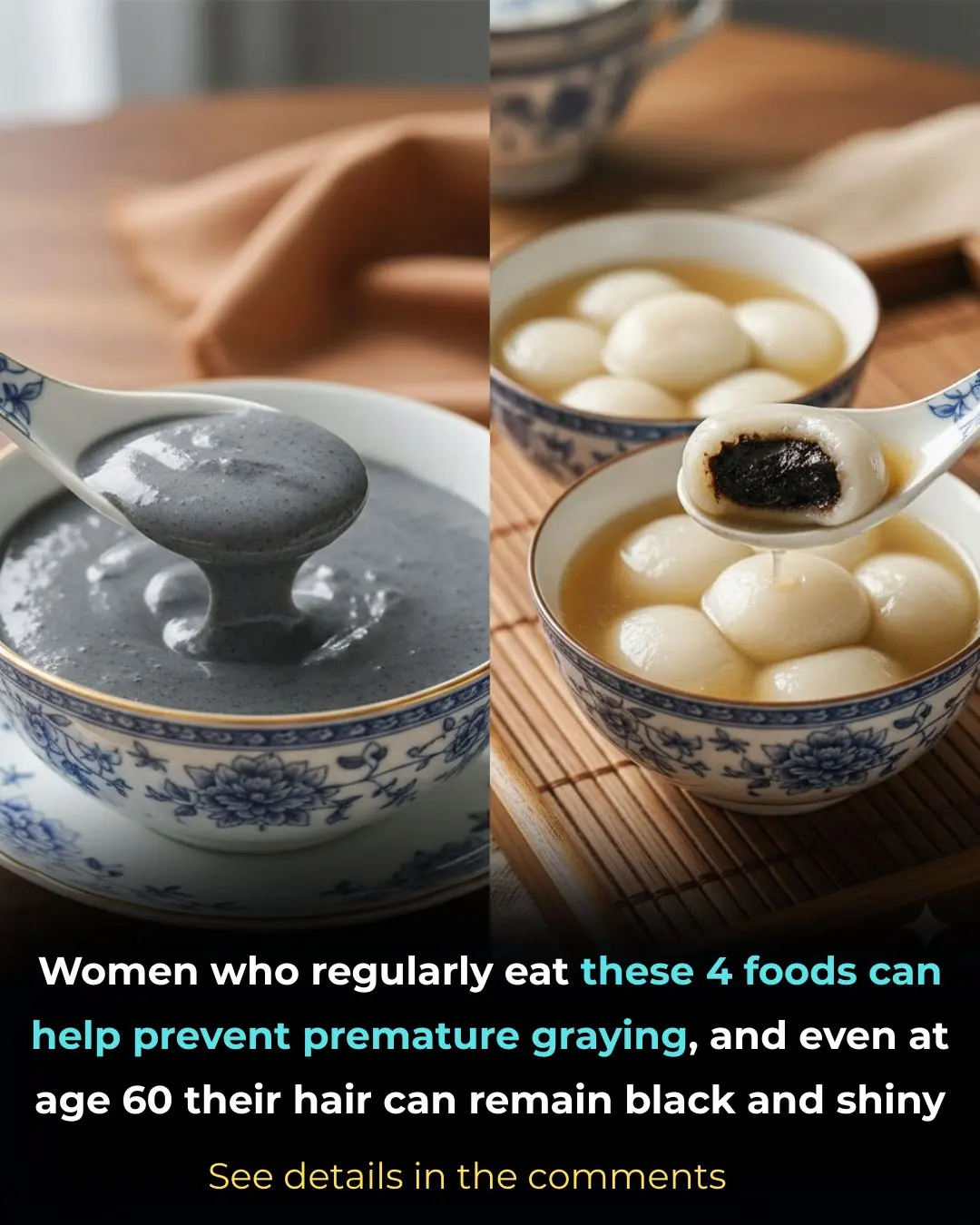
Women Who Regularly Eat These 4 Foods Can Prevent Premature Graying, Keeping Hair Dark and Shiny Even at 60

The Root that Helps the Liver Detoxify and Effectively Reduce Inflammation
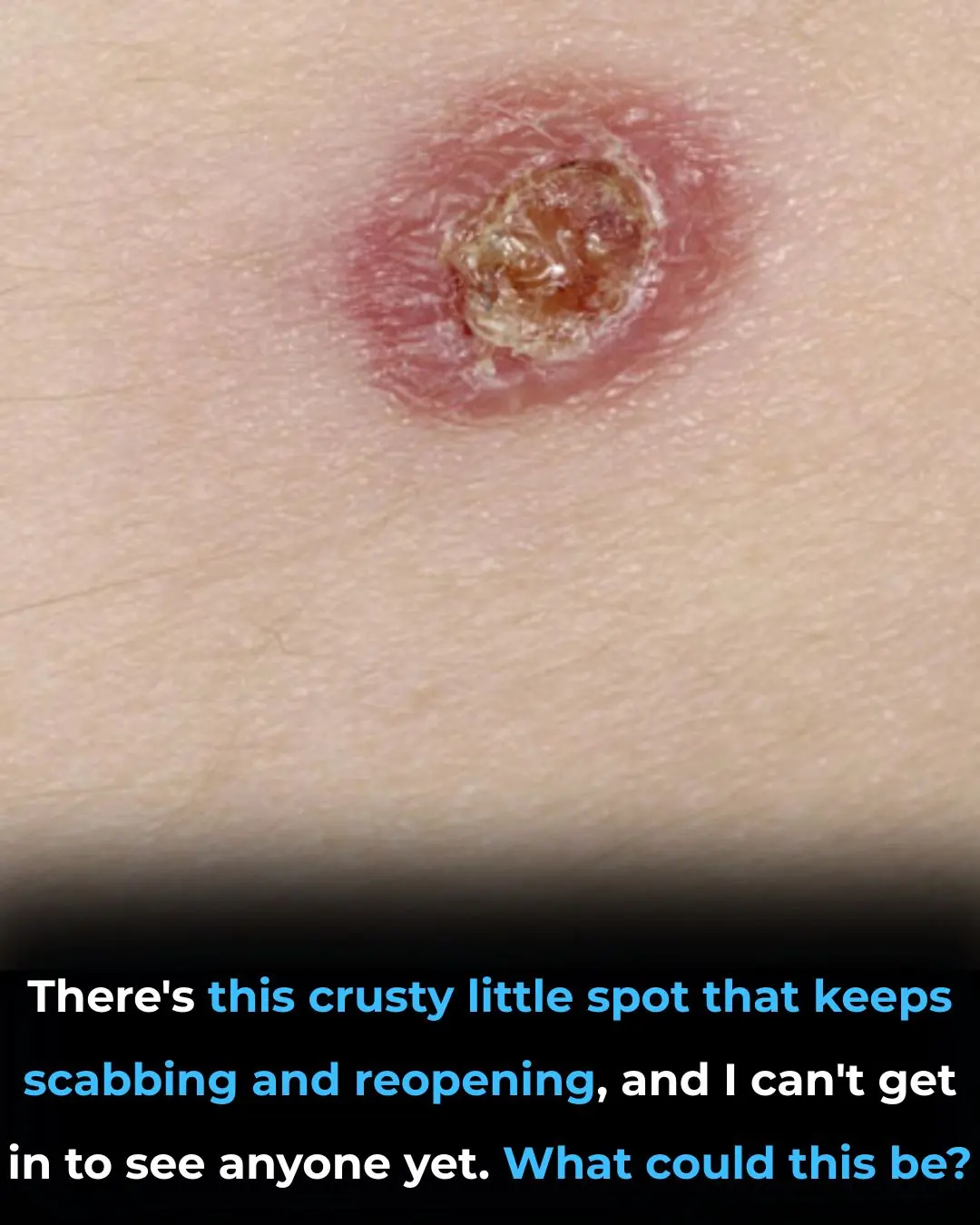
There’s this crusty little spot that keeps scabbing and reopening, and I can’t get in to see anyone yet. What could this be?
News Post

Nighttime Olfactory Enrichment and Cognitive Enhancement in Older Adults

Sodium Bicarbonate and Immune Regulation: Evidence for an Anti-Inflammatory Mechanism

Oleocanthal from Extra-Virgin Olive Oil: A Multi-Targeted Anti-Inflammatory and Anti-Cancer Compound

Fenbendazole and Unexpected Cancer Remission: Insights from a 2024 Case Report

Quercetin as an Exercise Mimetic: Enhancing Mitochondrial Biogenesis and Physical Performance

Dual “Don’t-Eat-Me” Signals: A New Paradigm in Cancer Immune Evasion

Cinnamon and Neuroprotection: Evidence for Anti-Alzheimer’s Mechanisms

High-Dose Thiamine and Cancer Cell Metabolism: Evidence from Experimental Cell-Line Studies

My heels are splitting open—no lotion helps. What else can I do? Should I see doc?
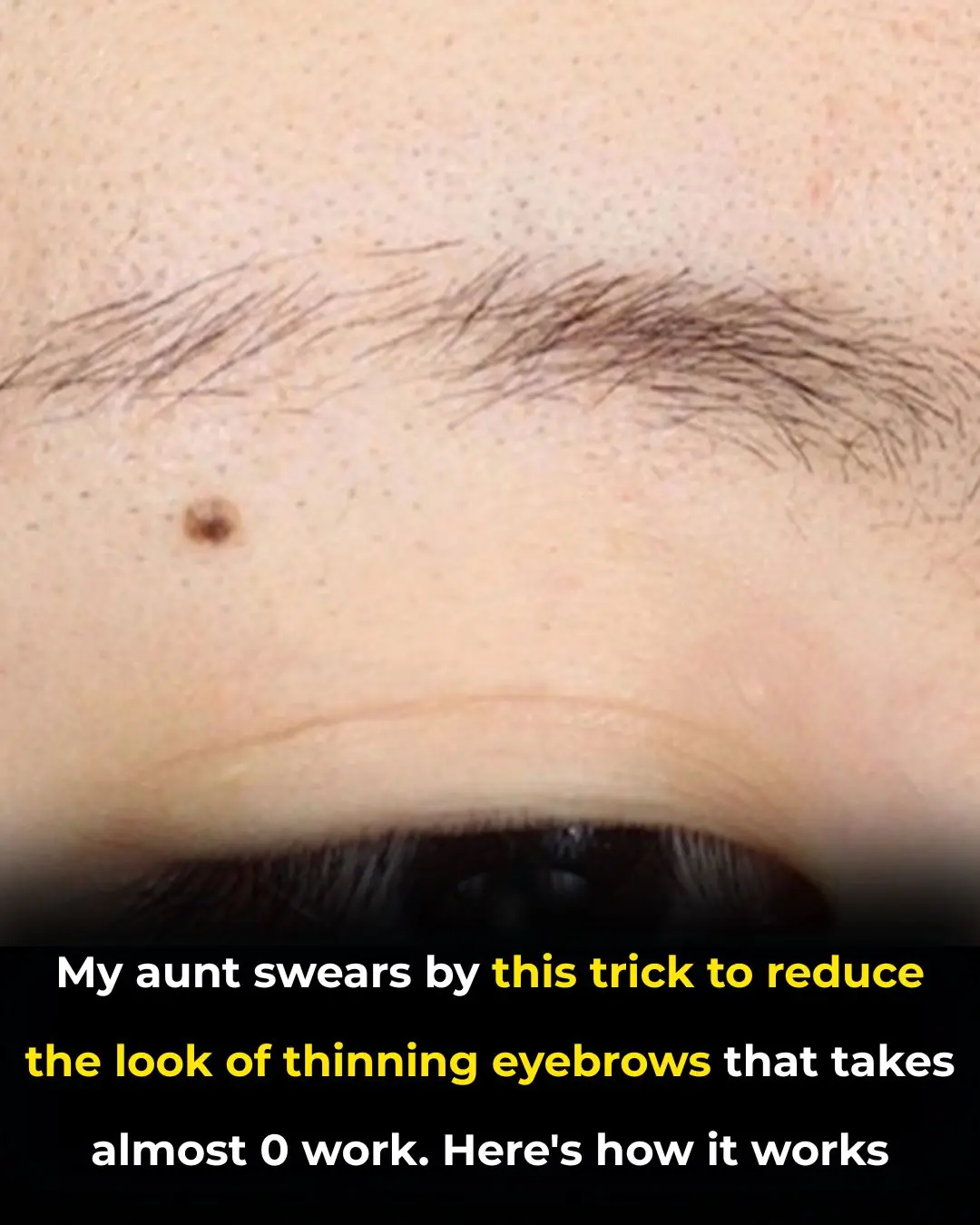
My aunt swears by this trick to reduce the look of thinning eyebrows that takes almost 0 work. Here's how it works

These purple veins appeared out of nowhere, and my doctor appointment is still weeks away. Should I worry?
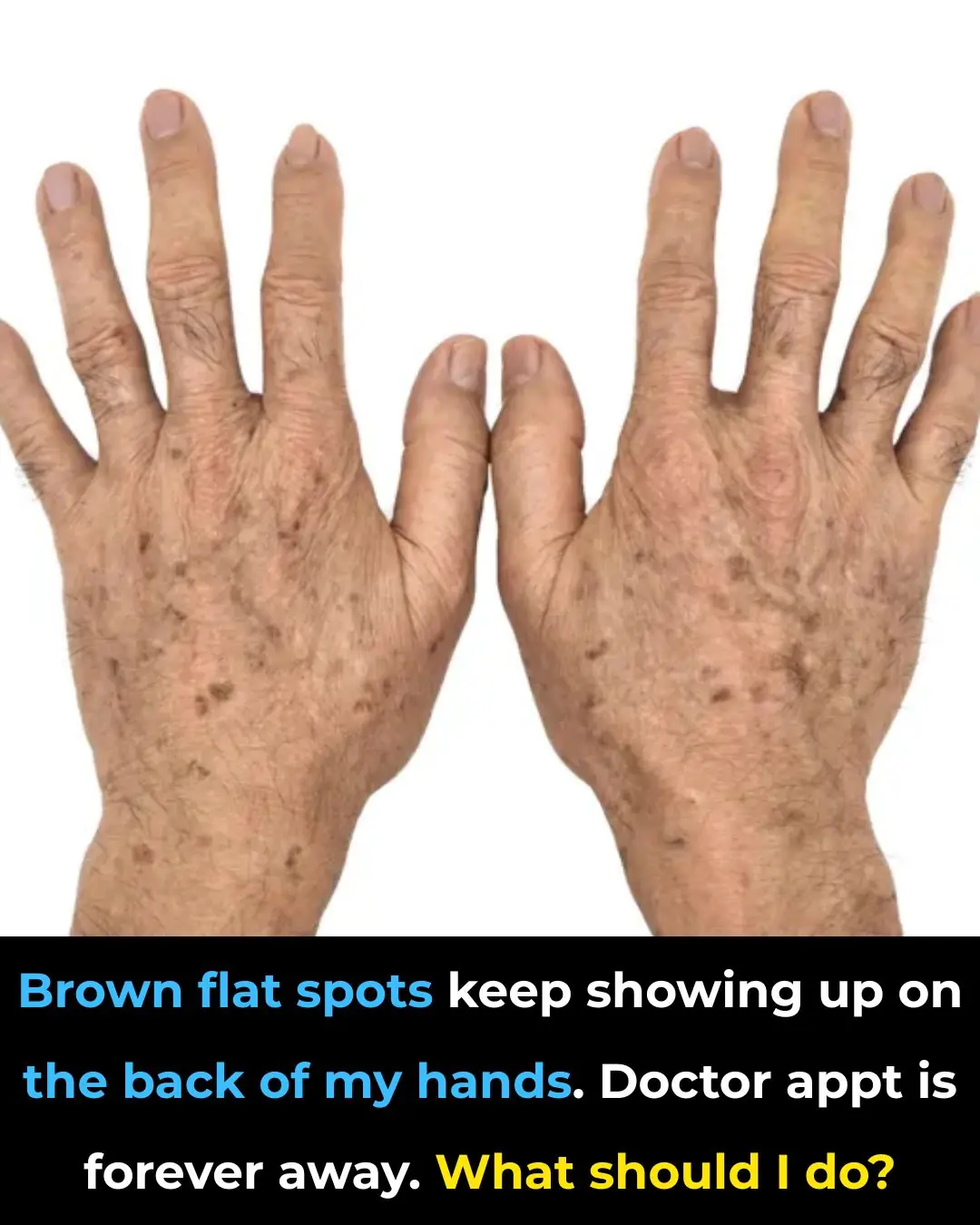
Brown flat spots keep showing up on the back of my hands. Doctor appt is forever away. What should I do?

How to Improve Blood Circulation Naturally (Research Based)

The Most Effective Ways to Naturally Get Rid of Clogged Ears

Get Rid of Throat Mucus Faster With These Home Treatments (Evidence Based)

The Most Likely Symptoms of a Gallbladder Problem (Don’t Ignore Them)

If A Woman Says These 6 Things Regularly, She’s Way Smarter Than You Even Realize

11 Clever Phrases Smart People Use to End Pointless Arguments

Mopping the floor with this ingredient will make it sparkling clean, like new, and dust-free for a whole week.
